What is the working principle of the slitting rewinder
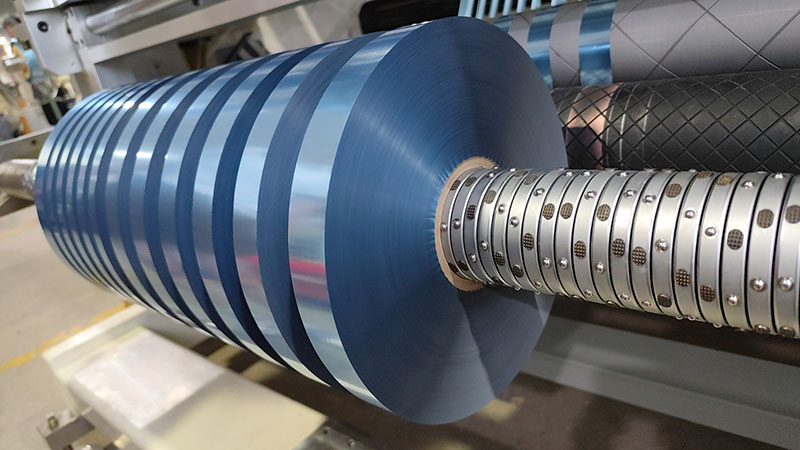
The working principle of the slitting rewinder mainly involves two processes: cutting and winding of materials.
First of all, the slitting rewinder precisely cuts the raw large roll of material by means of a blade on the knife holder. This step usually requires the width of the cut to be determined according to the customer's needs or the specifications of the downstream product. During the cutting process, the blade acts on the material with a certain speed and pressure, which cuts it to the desired width size.
Secondly, the cut material will be guided by the guide rollers to the rewinding section for winding. During the winding process, the slitting rewinder uses a tension control system to ensure that the material maintains the proper tension. This is to avoid slack or too much tension in the material during the winding process, which will affect the quality of the winding and the subsequent processing use.
In addition, the slitting rewinder may also be equipped with an automatic guiding system that detects the deviation of the material in real time and automatically adjusts the position of the guide rollers to ensure that the material remains straight at all times during the winding process.
Finally, the slitted and rewound material is wound into small rolls for subsequent processing, transport or storage. Throughout the process, the slitting rewinder precisely controls and coordinates the individual components through the control system to ensure the smooth progress of the whole process and the quality of the product.
In general, the working principle of the slitting rewinder is to process the original large roll material into the required width of the small roll material through precise cutting and winding operations to meet the diverse needs of customers.
Recent Post
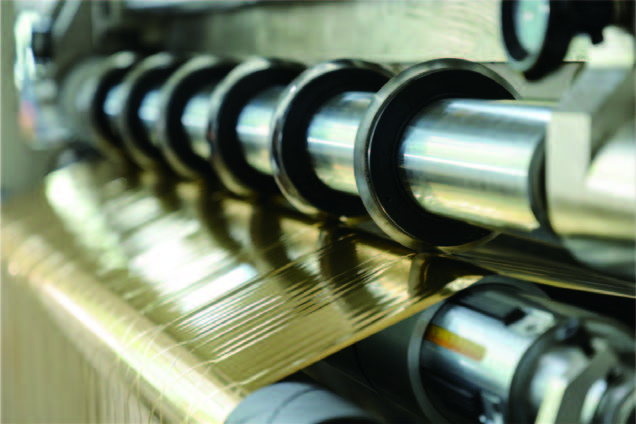 High-precision cutting: How does the slitting machine achieve the ultimate slitting accuracy of ±0.1mm?
High-precision cutting: How does the slitting machine achieve the ultimate slitting accuracy of ±0.1mm?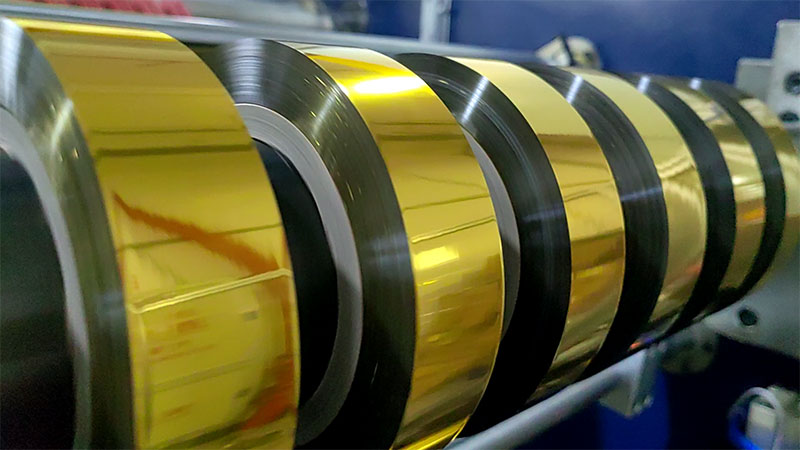 Efficient and accurate: analysis of the core functions and applications of the slitting machine
Efficient and accurate: analysis of the core functions and applications of the slitting machine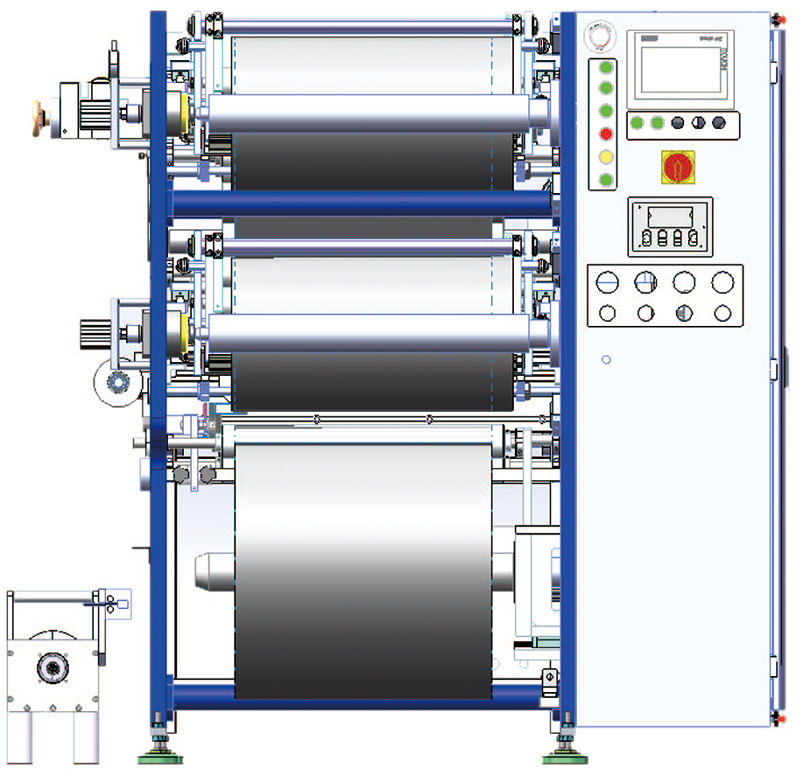 Analysis of the application field of slitting machine: which industries cannot do without it?
Analysis of the application field of slitting machine: which industries cannot do without it?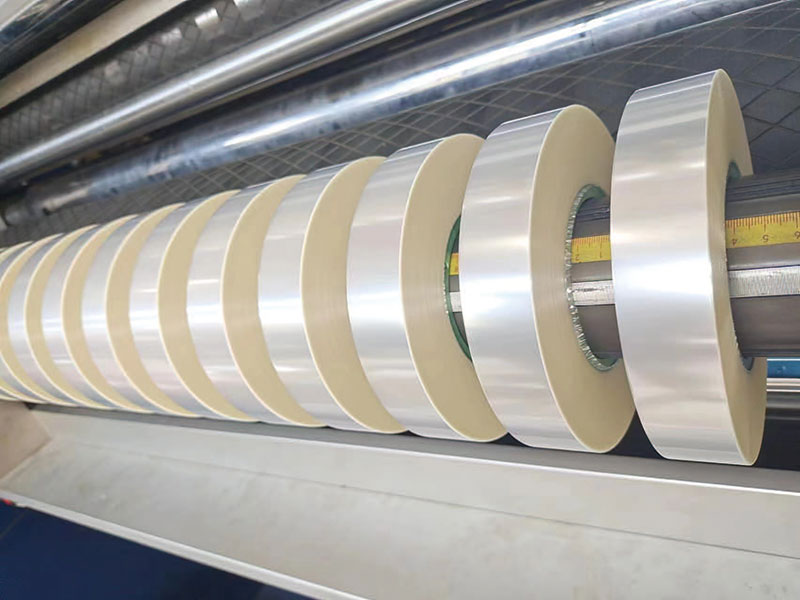 How can film slitting machine improve production efficiency? One-button operation + high-speed slitting
How can film slitting machine improve production efficiency? One-button operation + high-speed slitting
Related Product
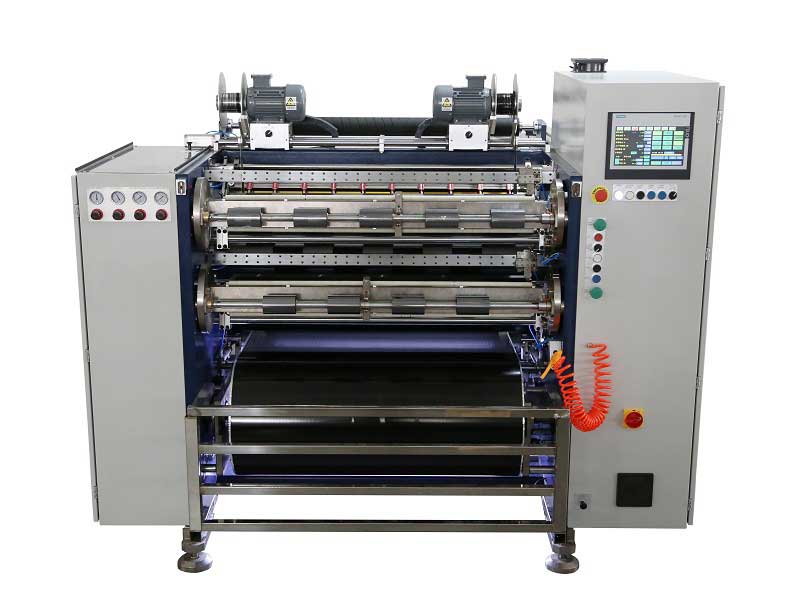 Automatic Thermal Transfer Ribbon Slitting Machine RSDS8 H PLUS
Automatic Thermal Transfer Ribbon Slitting Machine RSDS8 H PLUS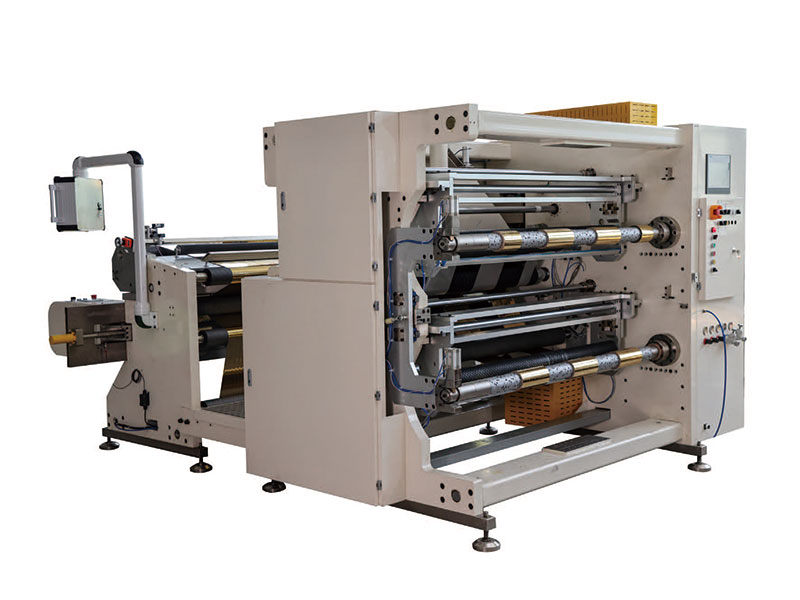 1400mm Hot Stamping Foil Slitting Machine
1400mm Hot Stamping Foil Slitting Machine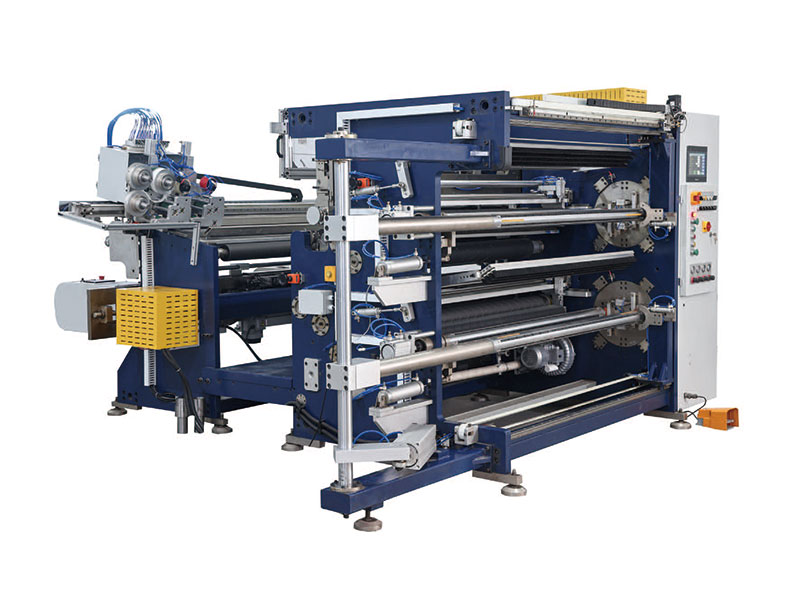 1350mm Hot Stamping Foil Slitting Machine
1350mm Hot Stamping Foil Slitting Machine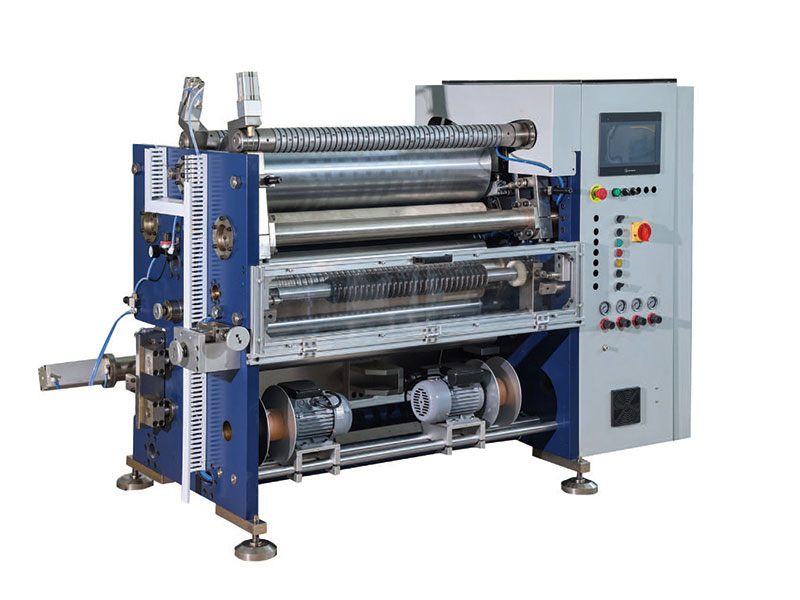 800mm Hot Stamping Foil Slitting Machine
800mm Hot Stamping Foil Slitting Machine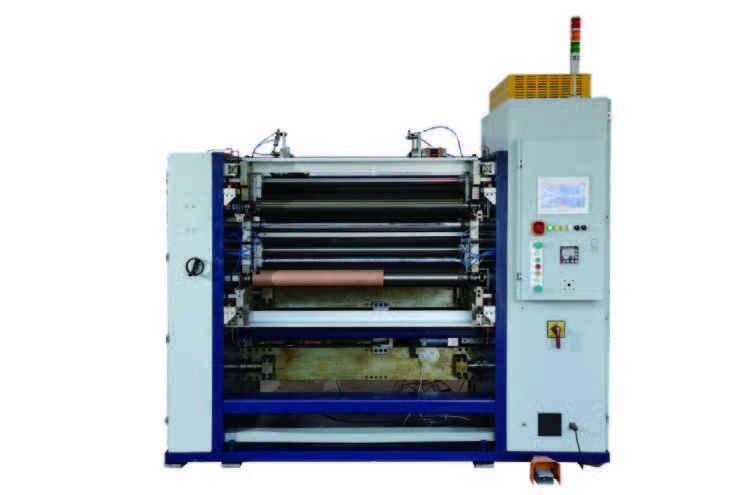 New Energy Ultra-thin Film Slitting Machine For Capacitive Film
New Energy Ultra-thin Film Slitting Machine For Capacitive Film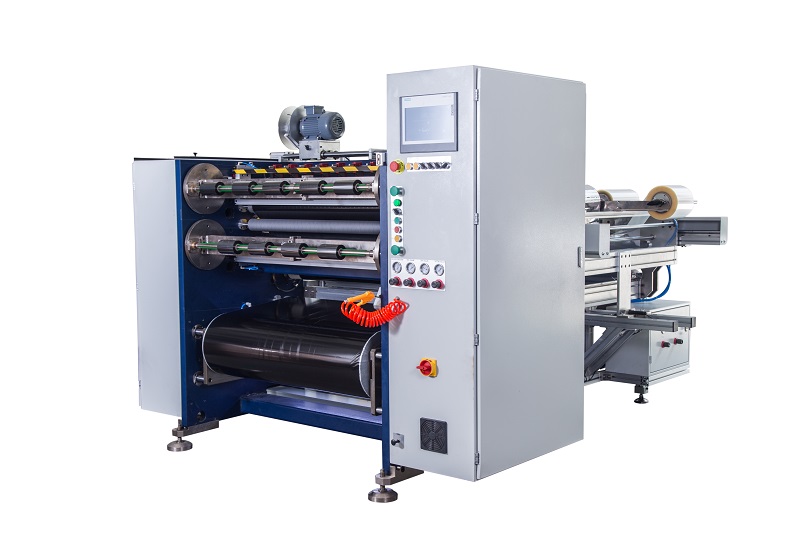 Semi Automatic Thermal Transfer Ribbon Slitting Machine RSDS5 PLUS
Semi Automatic Thermal Transfer Ribbon Slitting Machine RSDS5 PLUS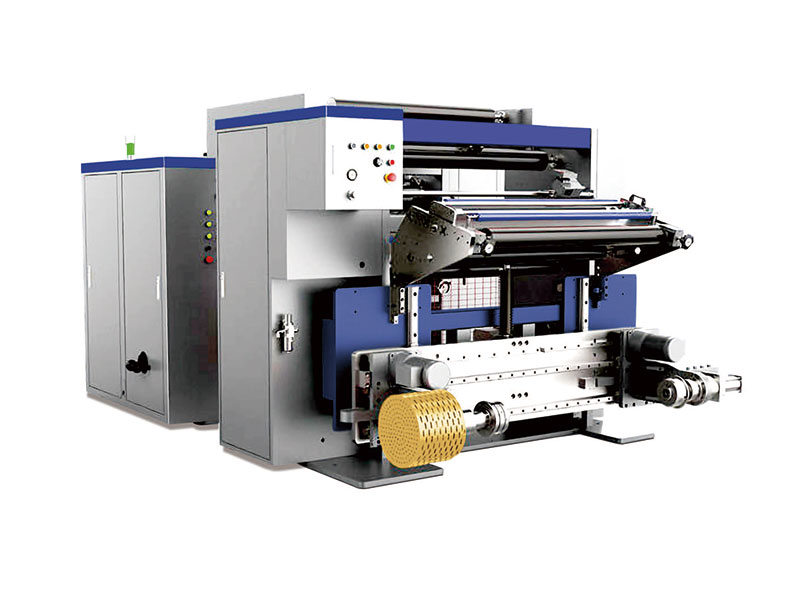 High Speed Slitting Machine
High Speed Slitting Machine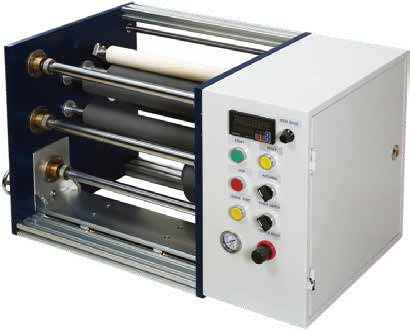 350mm Mini Slittting Machine
350mm Mini Slittting Machine


